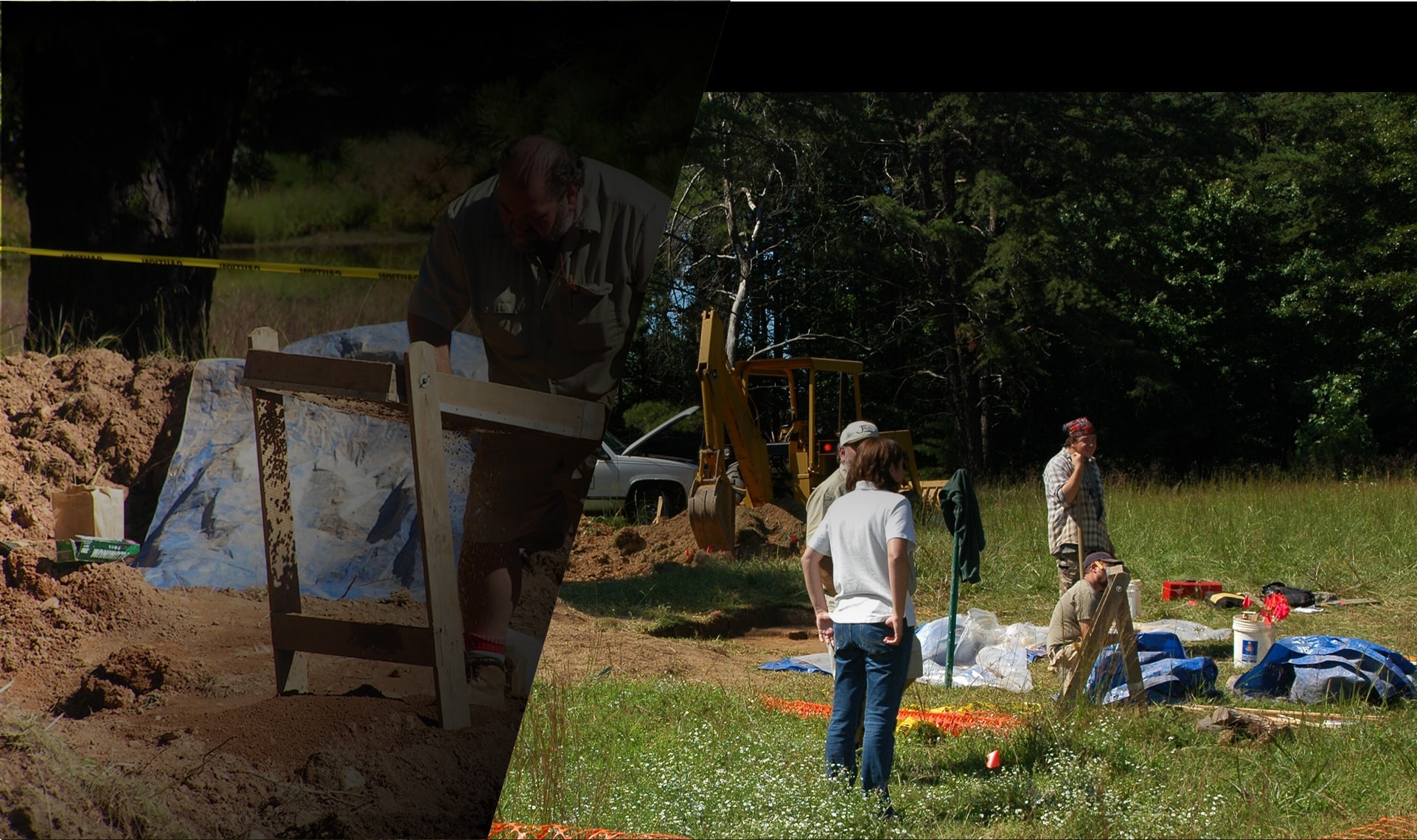More from bluestone researchusa
More in Politics
Related Blogs
Les archives
Partage Social
7 Benefits of Working with a Cultural Resource Consulting Firm
Corps
Starting any construction project requires careful planning and cultural sensitivity. Developers must consider likely impacts to archaeological sites within a project's footprint.
Cultural Resource Consultants offer years of specialized expertise to efficiently guide projects through regulatory compliance. They provide field studies, reviews, and protection plans for identified resources. Here we'll explore the top 7 benefits of partnering with these vital experts.

Comprehensive Field Surveys
Properly trained archaeologists and historians carry out site surveys, which are vital for finding buried historical sites or artifacts. The Archaeological Consultant will methodically inspect the area slated for construction. They will use their years of experience to identify subtle clues that untrained eyes could miss. They thoroughly document anything found to determine any necessary follow-up steps.

Site Protection Strategies
Cultural Resource Management Firms are experts in coming up with protection plans for any historical sites pinpointed during the initial surveys. Keeping sites undisturbed while allowing progress on construction is extremely important. These consultants put buffers around sites, map out coverage options, and outline exact rules for monitoring building activity near sensitive areas.
National Register Assessments
Judging whether a historic site qualifies for the National Register of Historic Places status is tricky.Cultural Resource Consultant dig deep into records, research on site, analyze boundaries and integrity, to properly evaluate each site's significance. Their final advice helps decide how to balance preservation and construction needs.
Data Recovery and Documentation
If avoiding site damage is impossible, remains and artifacts must be properly recovered first. Local Archaeological Services can surgically retrieve key information before destruction occurs. Carefully documenting details preserves knowledge of past cultures for future scholars.
Regulatory Guidance and Approvals
Navigating dense local, state, federal and tribal regulations is daunting without pertinent experience. Cultural Resource Management Consultants shepherd projects through all required survey steps meeting each exact rule. This expertise results in timely go-aheads, avoiding costly delays.
Community Partnerships
Working closely with local communities and tribes is key for managing cultural sites respectfully. Cultural Resource Management firms that are from an area have existing bonds of trust with historical groups, tribes, and universities nearby. These partners give input about sites that matter to them. Firms listen to their needs for handling artifacts thoughtfully and protecting meaningful locations. When sites require study or moving remains, everyone works together. This makes the tribes and communities feel heard and understood. Good relationships speed projects along smoothly.
Ongoing Support
Archaeological Consultants don’t finish assisting projects when the first surveys wrap up. They advise throughout the whole construction process. Consultants visit build sites to track work near protected areas. If more artifacts emerge, they help collect them using proper techniques. They oversee staged digs to recover key data before building impacts a site. As projects progress, they update site protection and monitoring plans when needed. Having Cultural Resource Specialists as reliable, longtime partners reduces worries for developers and communities alike. Their steady guidance ensures preservation standards are met from start to end.
Conclusion
At BlueStone Research, our specialized Archaeological Surveys and complete Cultural Resource Management Services check every regulatory box while moving projects forward responsibly. With trusted community partnerships, technical expertise, and tailored site protection strategies, we offer full support throughout a project. Contact our dedicated Cultural Resource Consultants to learn more!









commentaires